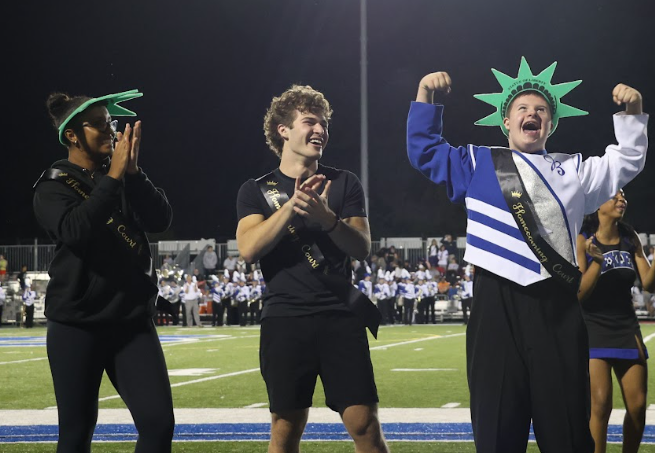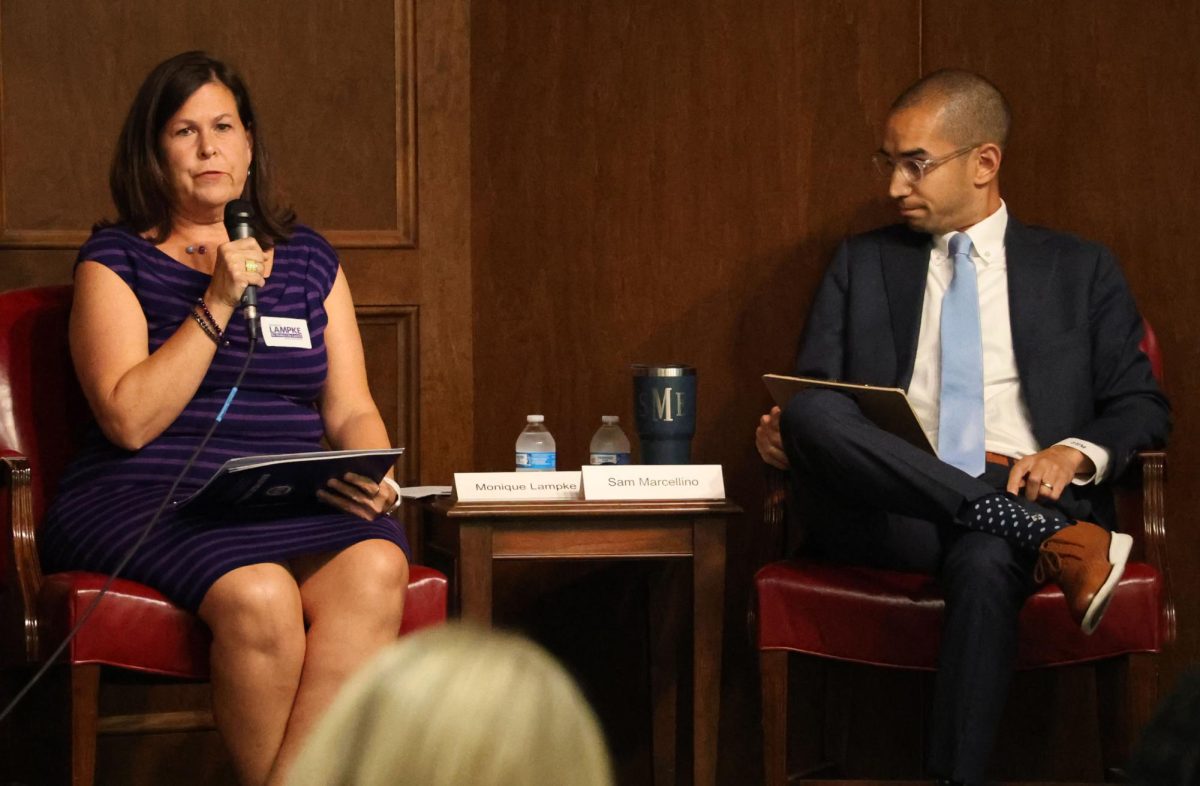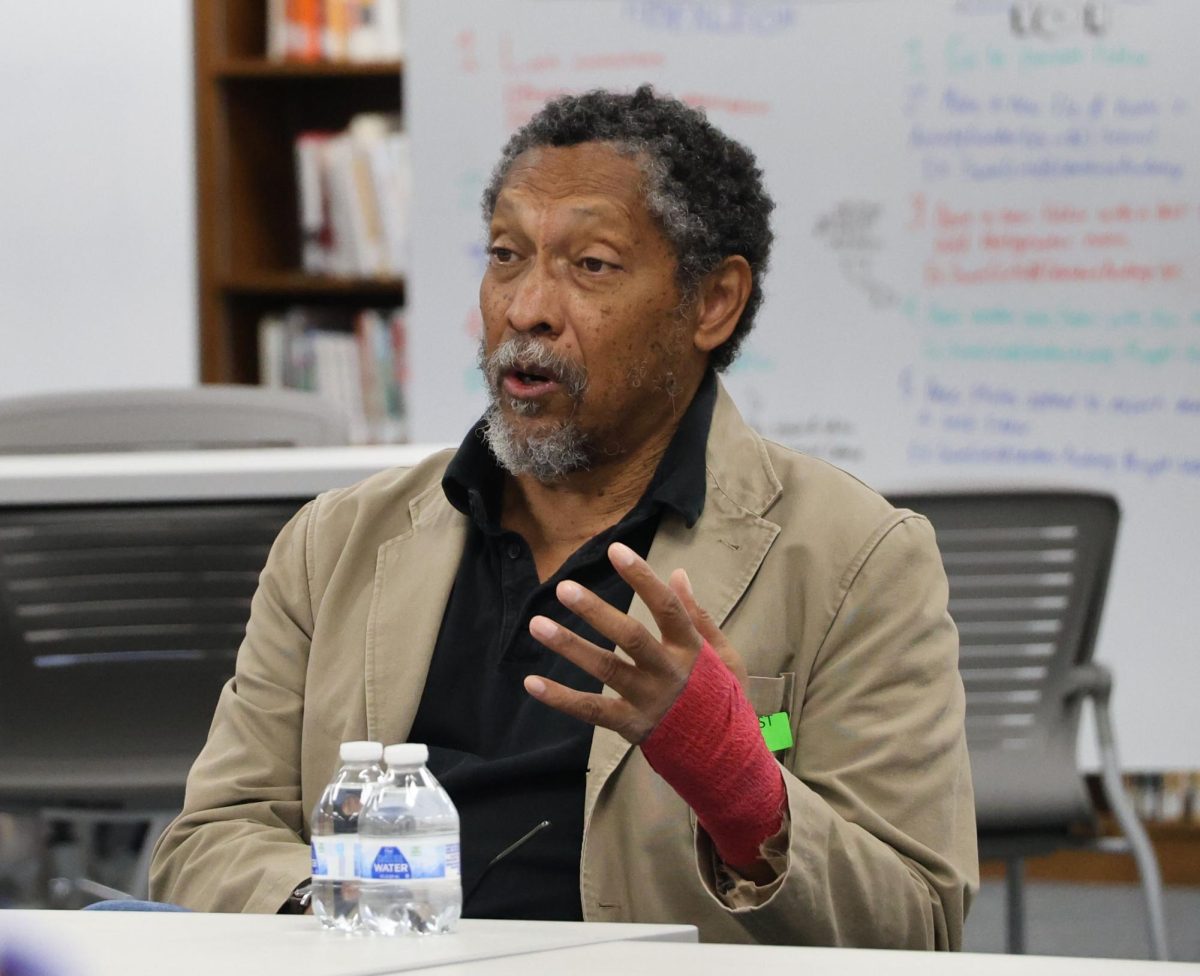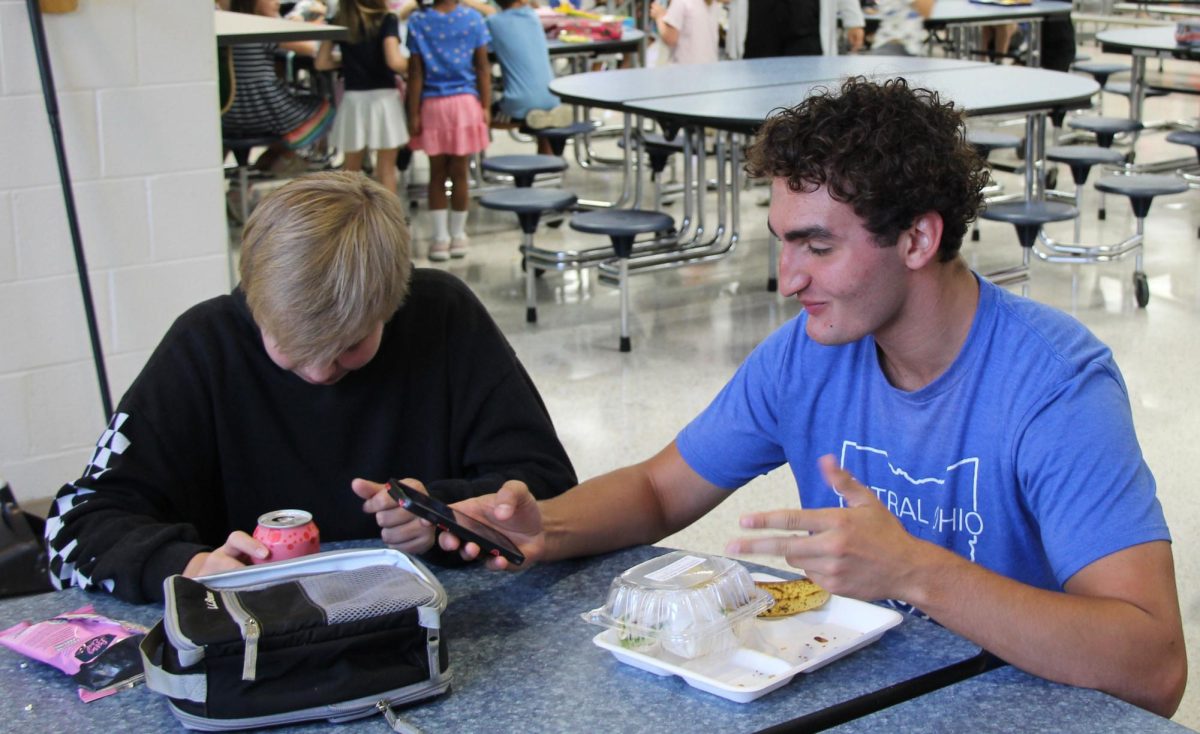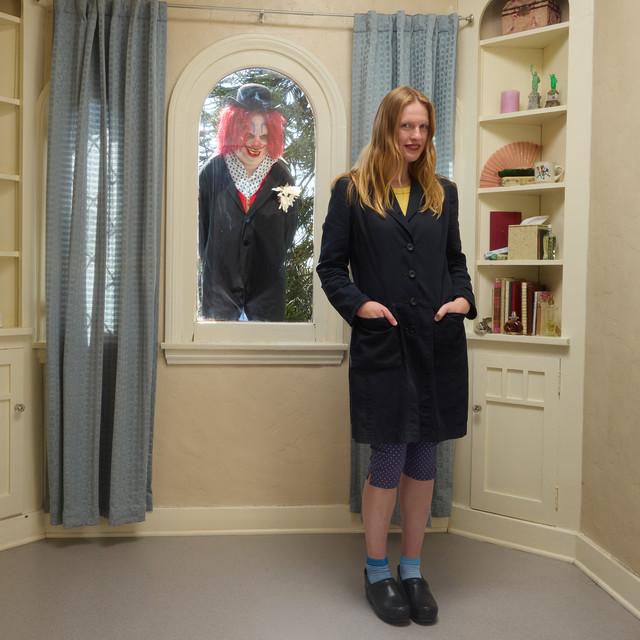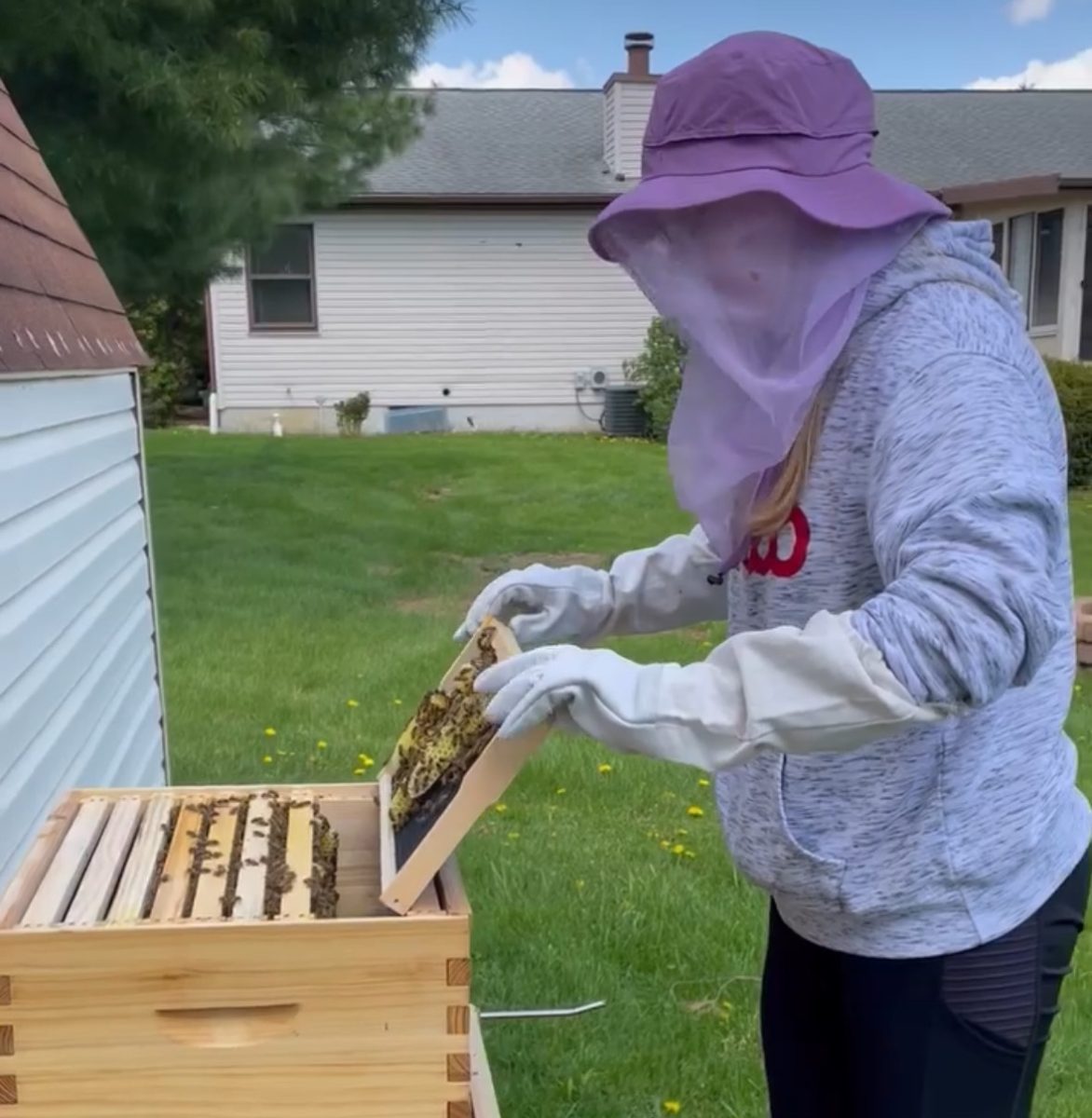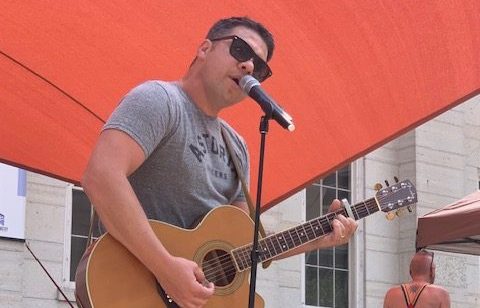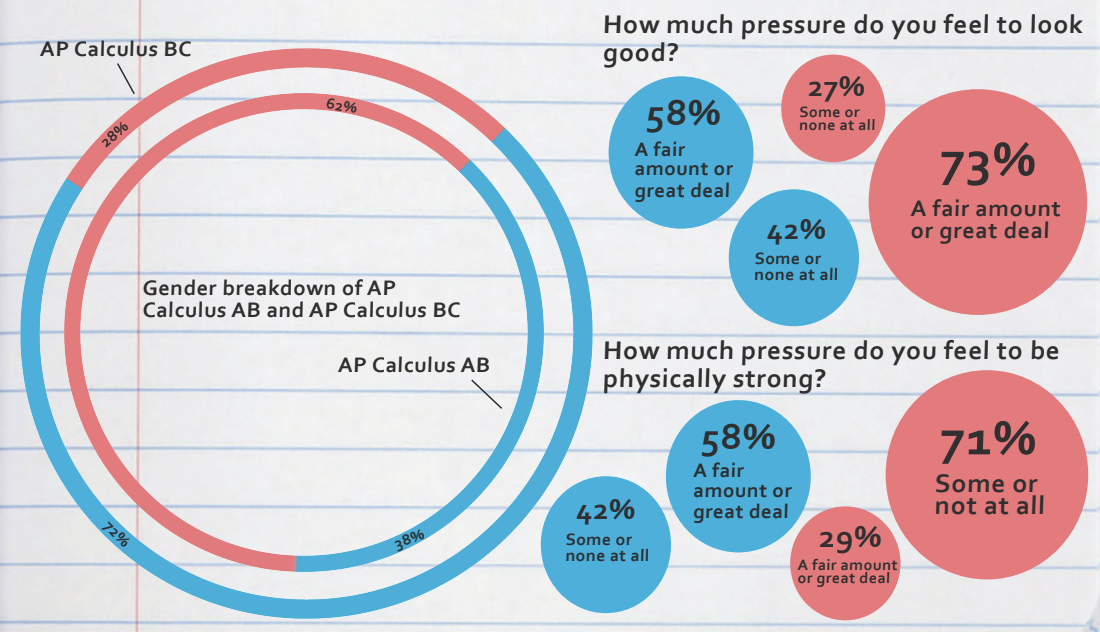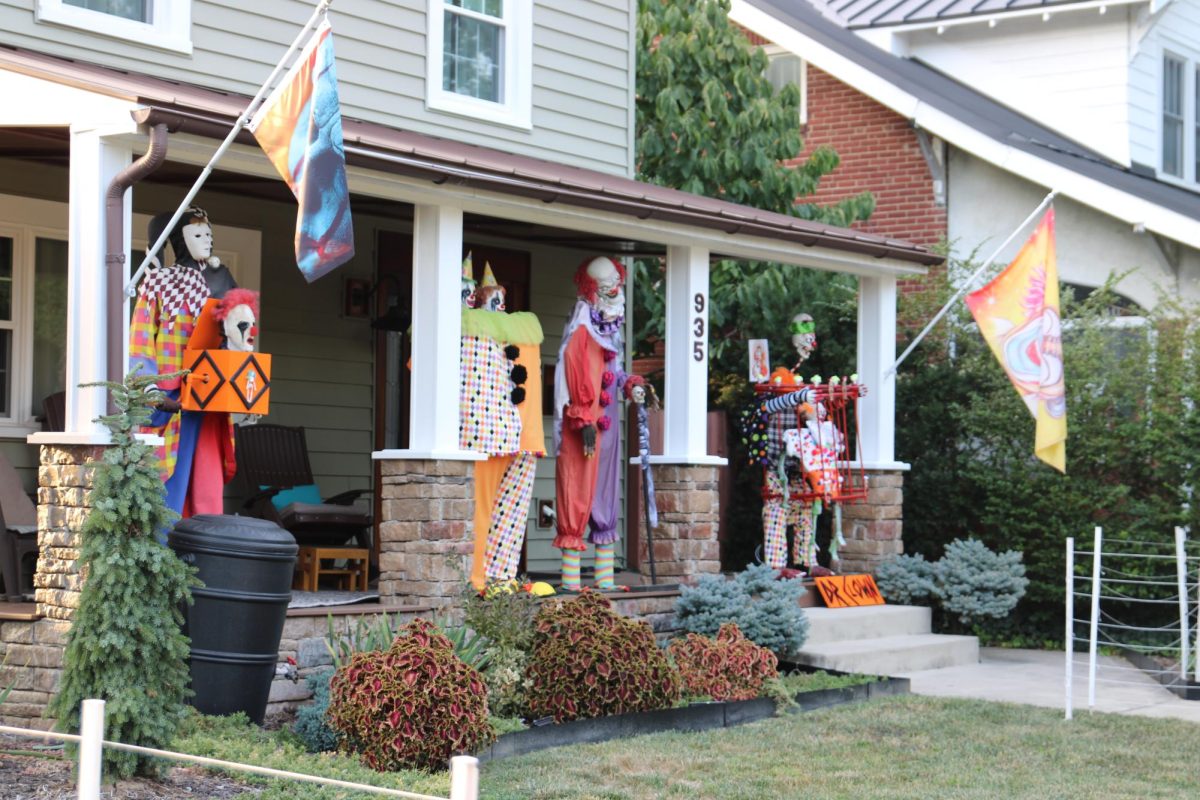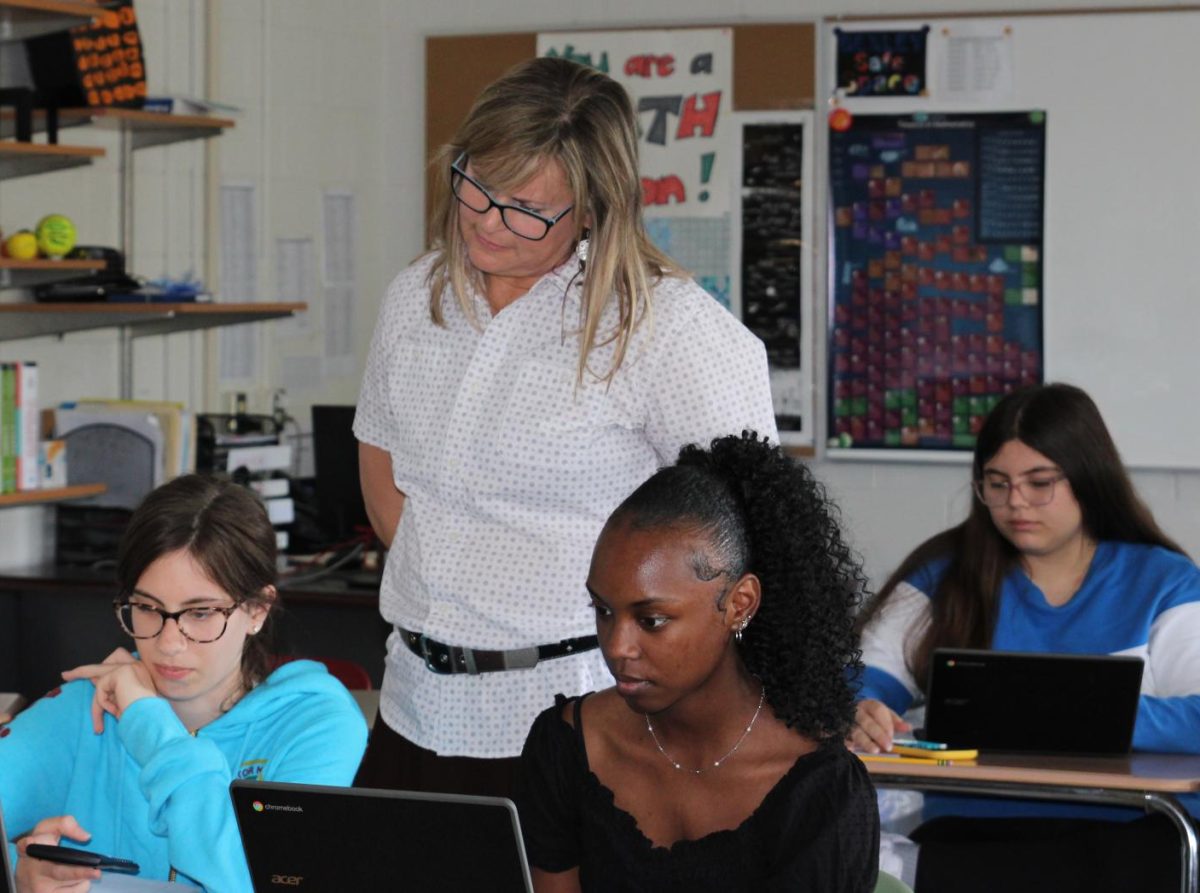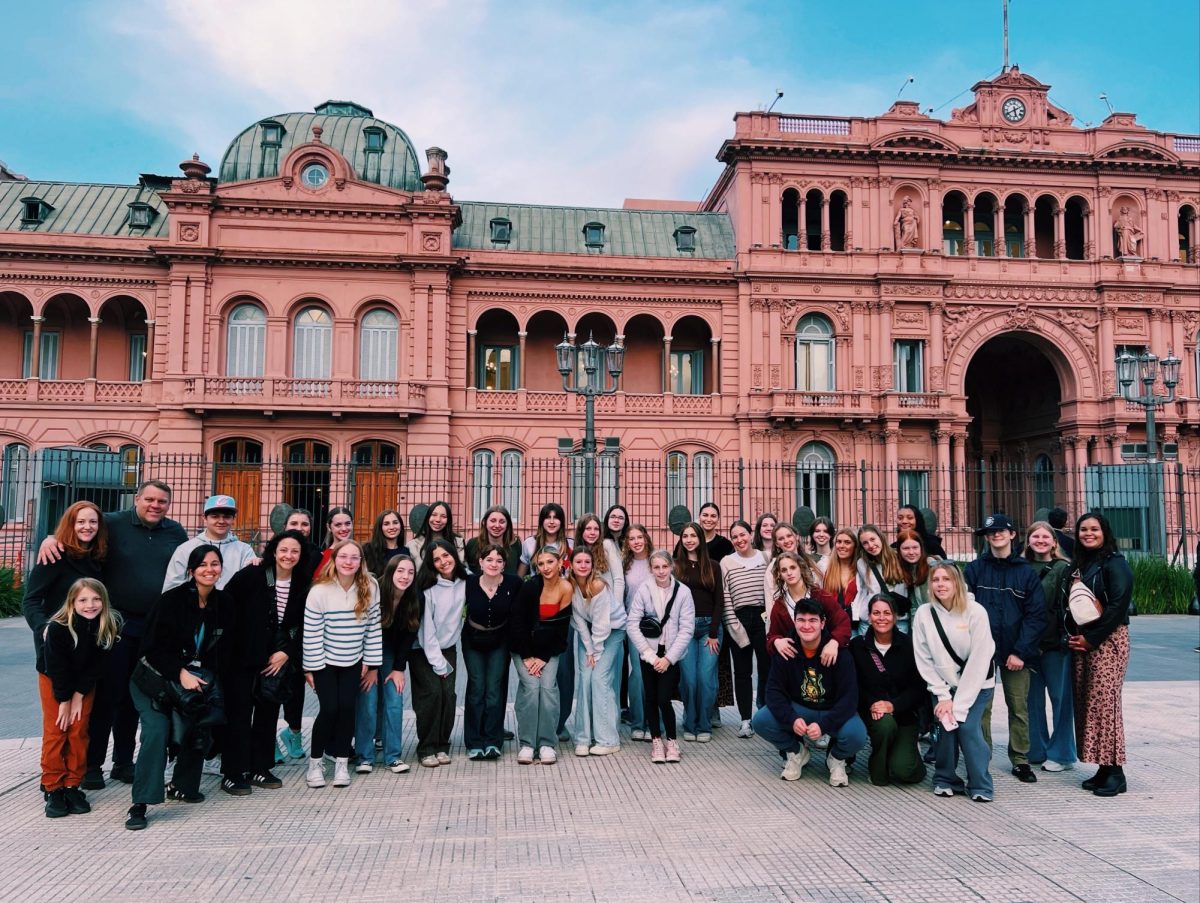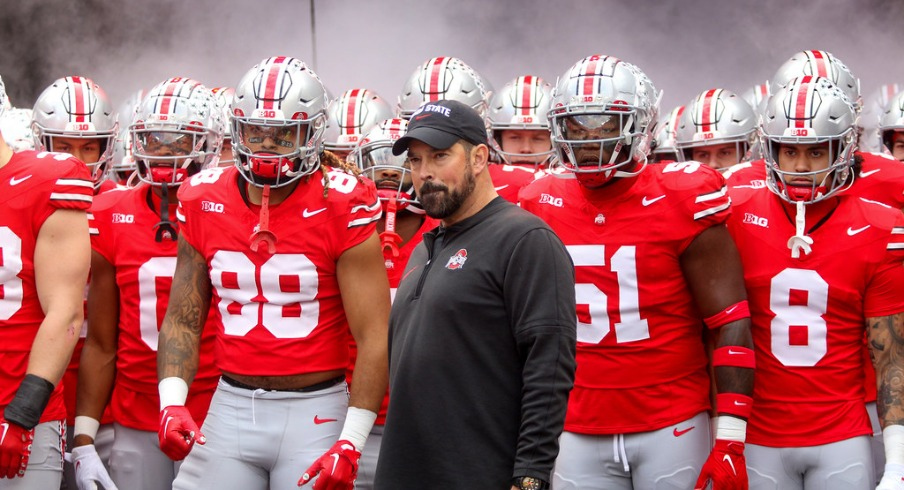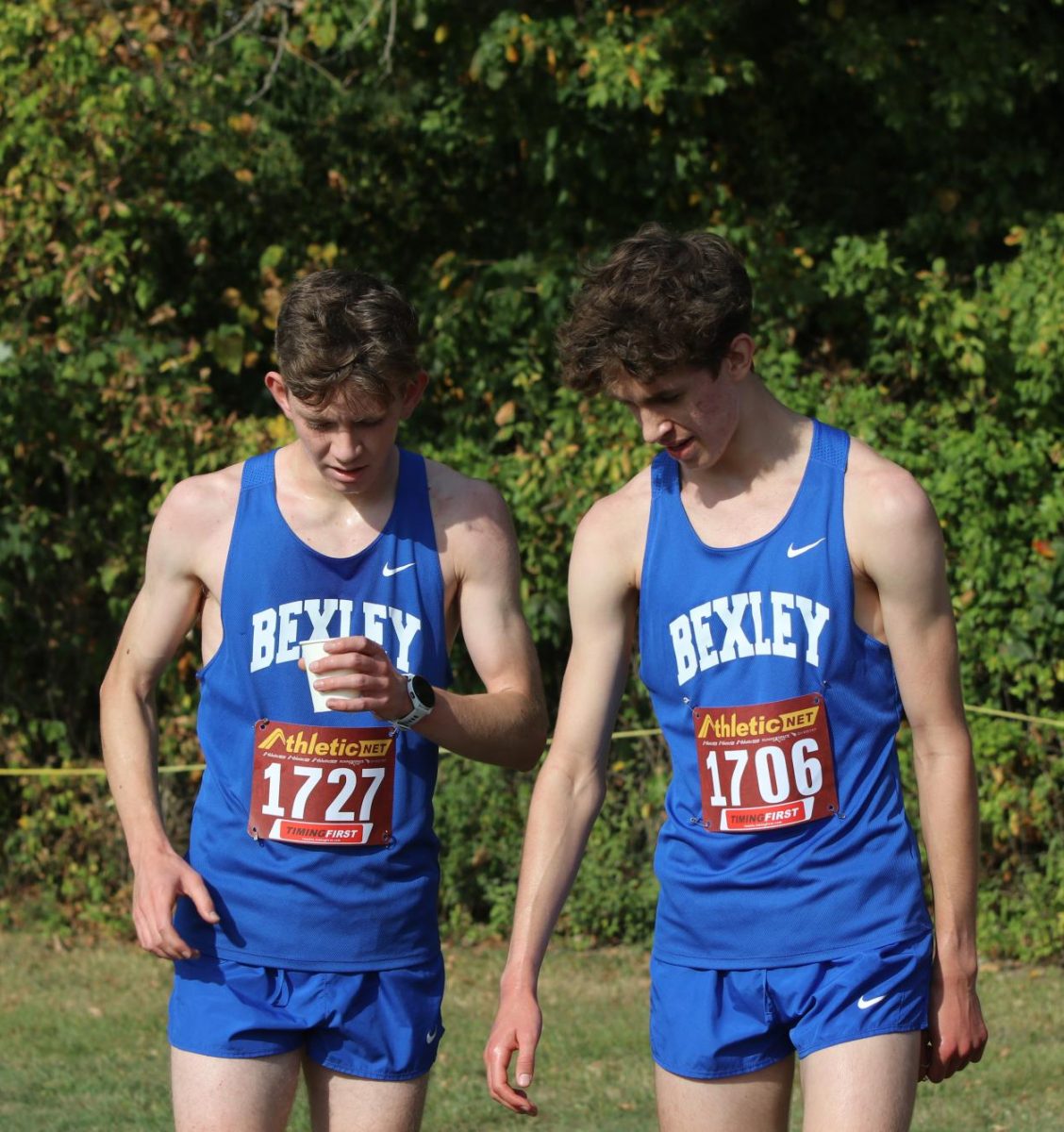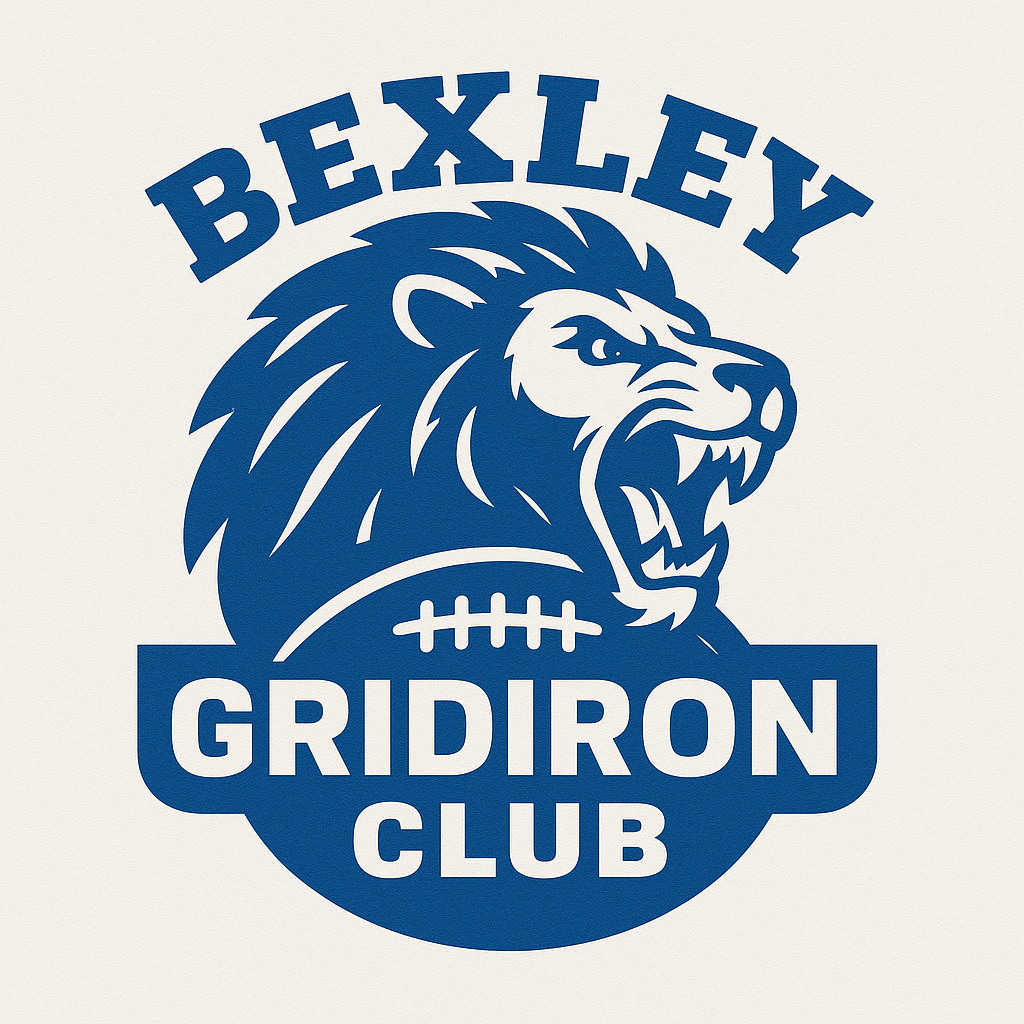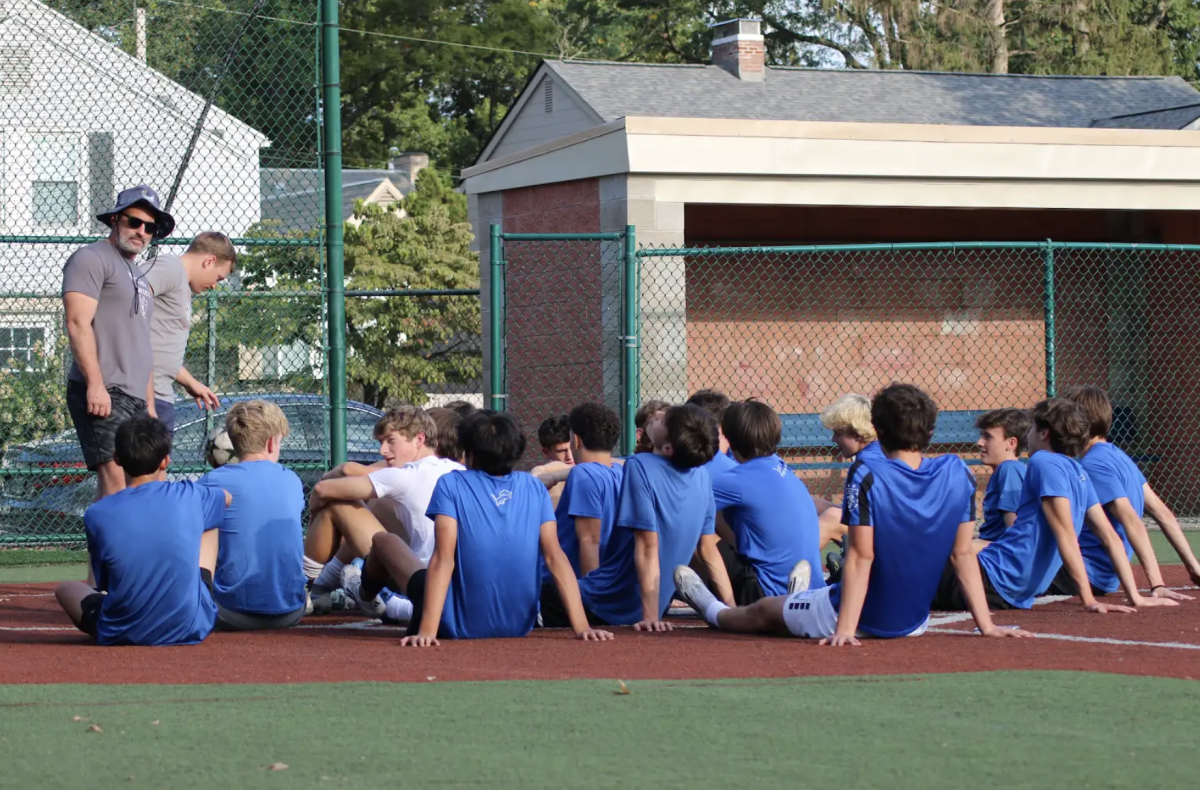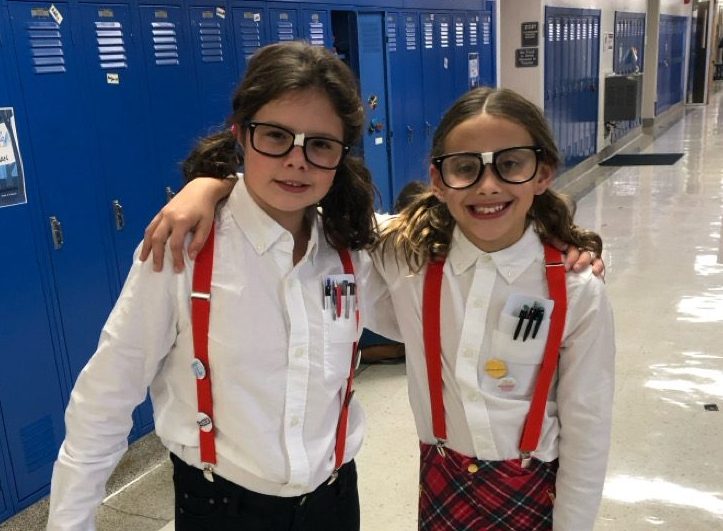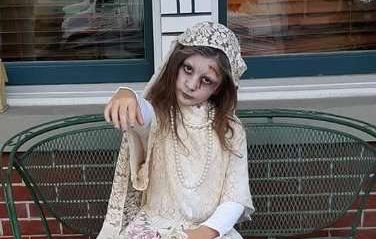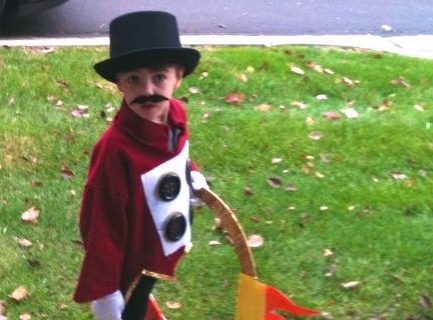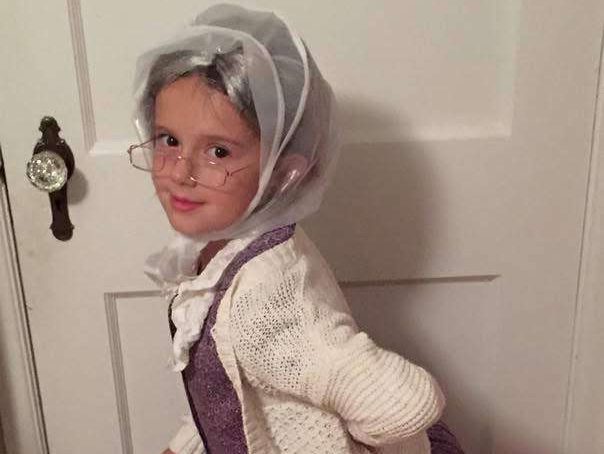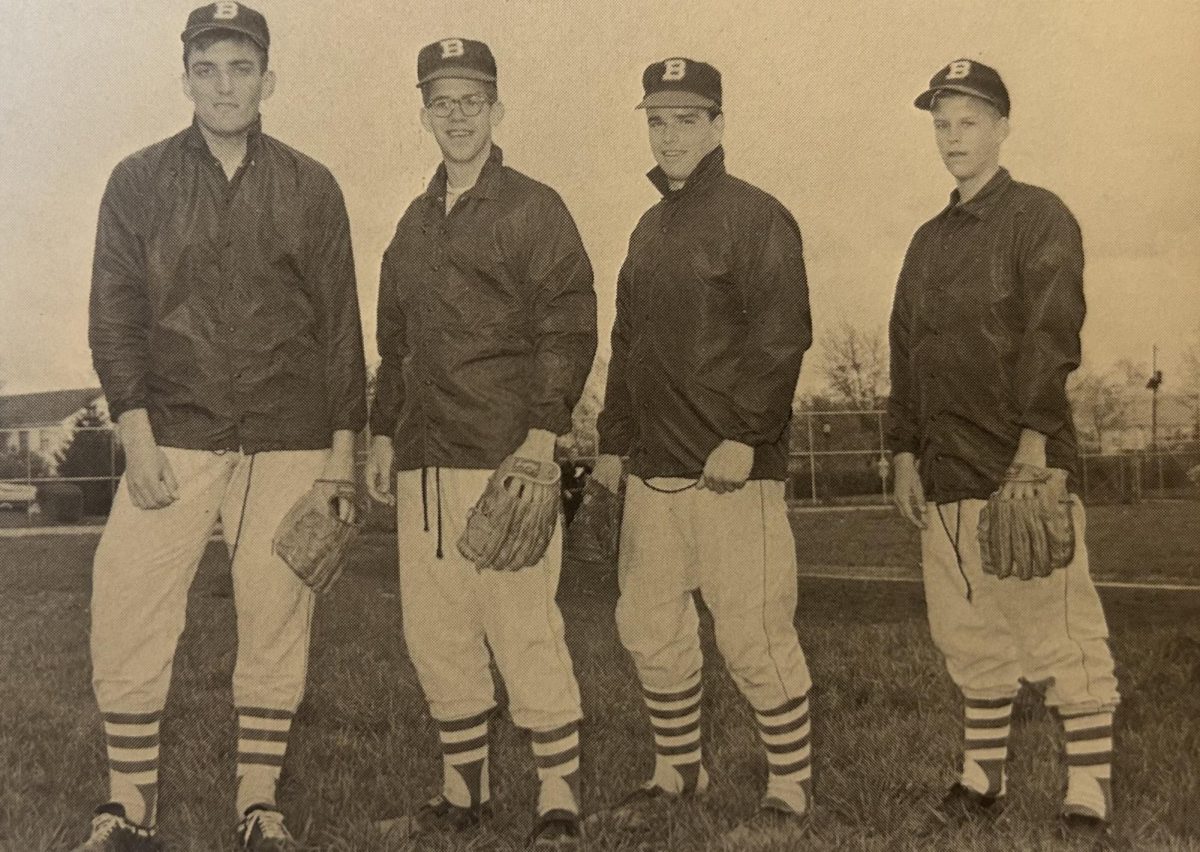There are many differences between Bexley today and the Bexley experienced by grandparents of current students. On any given day, students and staff can be seen roaming the halls wearing tennis shoes and sweatshirts; however, for previous generations, it would be unimaginable to see this during their high school years.
1964 Bexley graduate Sam Geldis said their attire was inspected by the Dean of Men and Dean of Women, and it was strictly enforced.
“Girls had to wear skirts that, from a kneeling position, had to touch the floor,” he explained. “Boys had to maintain short hair and be clean shaven. If you had facial stubble deemed too excessive, you had to go home and return in 20 minutes, clean shaven, or receive a detention.”
While the dress code has certainly changed, many academic aspects of Bexley have stayed the same, Geldis added.
“Bexley High School has probably not changed that much in regards to expectations,” he explained. “Ninety-seven to 98 percent of my classmates went on to college. The question was not if you were going to college. The question was, which one.”
1957 Bexley graduate Mike Benis said in high school he enjoyed playing sports, including football, basketball, baseball and tennis.
He said he also did the sports program for Bexleo. Benis said because sports were a large part of his high school experience, it led him to eventually play football at The Ohio State University.
1968 Bexley graduate Connie Callif said football games were an important part of students’ social lives when she was in high school.
“Students didn’t have to pay to go to the football games, so it was really a fun thing to do,” she added.
Similarly, 1966 Bexley graduate Barbara Crabill said she enjoyed going to many school events, such as school dances held in the Lion Lobby.
In addition to similarities of the academic and athletic atmospheres, the teachers continue to be excellent, Geldis added.
“A number of my teachers who left Bexley went on to college teaching positions,” he explained. “I was fortunate that the dedicated teachers I had were both demanding and exceptional.”
Geldis said he is pleased to see the expansion of academic pathways.
“Options for education exist now that weren’t available when I went to school,” he added.
While some aspects of Bexley’s culture have remained the same, Benis explained Bexley has become more diverse, a change he is happy to see.
“It has to be better than when I went to school,” he said, noting he only knew one Black family in Bexley at the time.
Crabill explained she believes Baby Boomers were more aware of political issues and events at a young age because they grew up during the Vietnam War.
“Our generation was the first to have demonstrations against the Vietnam War,” she said. “We were aware of that, and boys from our classes could be drafted.”
Crabill added the Vietnam War affected her generation immensely, and it shaped their personalities and futures. For example, she said a boy in her class enlisted after graduation.
“He served for a while, and then came back from the war and became a minister,” Crabill explained. “I think it had a big influence on his choice for his future and how he was going to live his life.”
Retired Bexley teacher Mary Benis believes her generation was often living in a bubble, with little concern about current events.
“We were all privileged, but didn’t realize it,” Mary said. “Our issues were trivial, but we thought they were important.”
Crabill said she feels Generation Z is more aware of current events because of the increased technology and social media platforms available to them.
Mary explained she is impressed with the activism and leadership from Generation Z that she has seen, and she hopes it continues.
“In response to the Parkland shooting, how impressive it is that those kids said ‘hey, we’re not going to shut up about this,’” she added. “As young adults, they’re still leading the cause.”
Mary explained despite their differences, all generations have overarching similarities in their teenage experiences.
“I bet one thing that would surprise [Generation Z] about when we were in high school is how similar the kids are,” she said. “I think they’d be surprised that there was that common thread. We oldsters were actually typical teenagers.”

